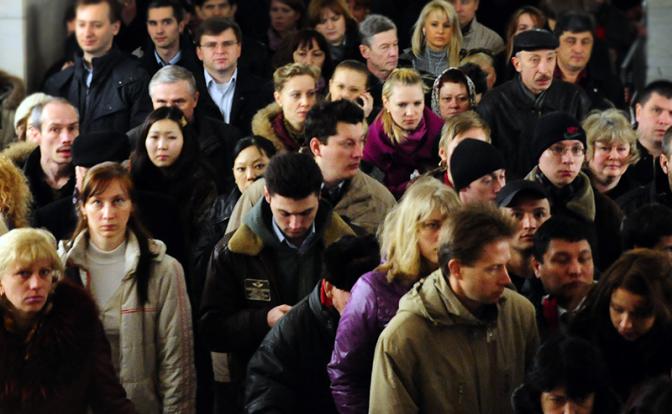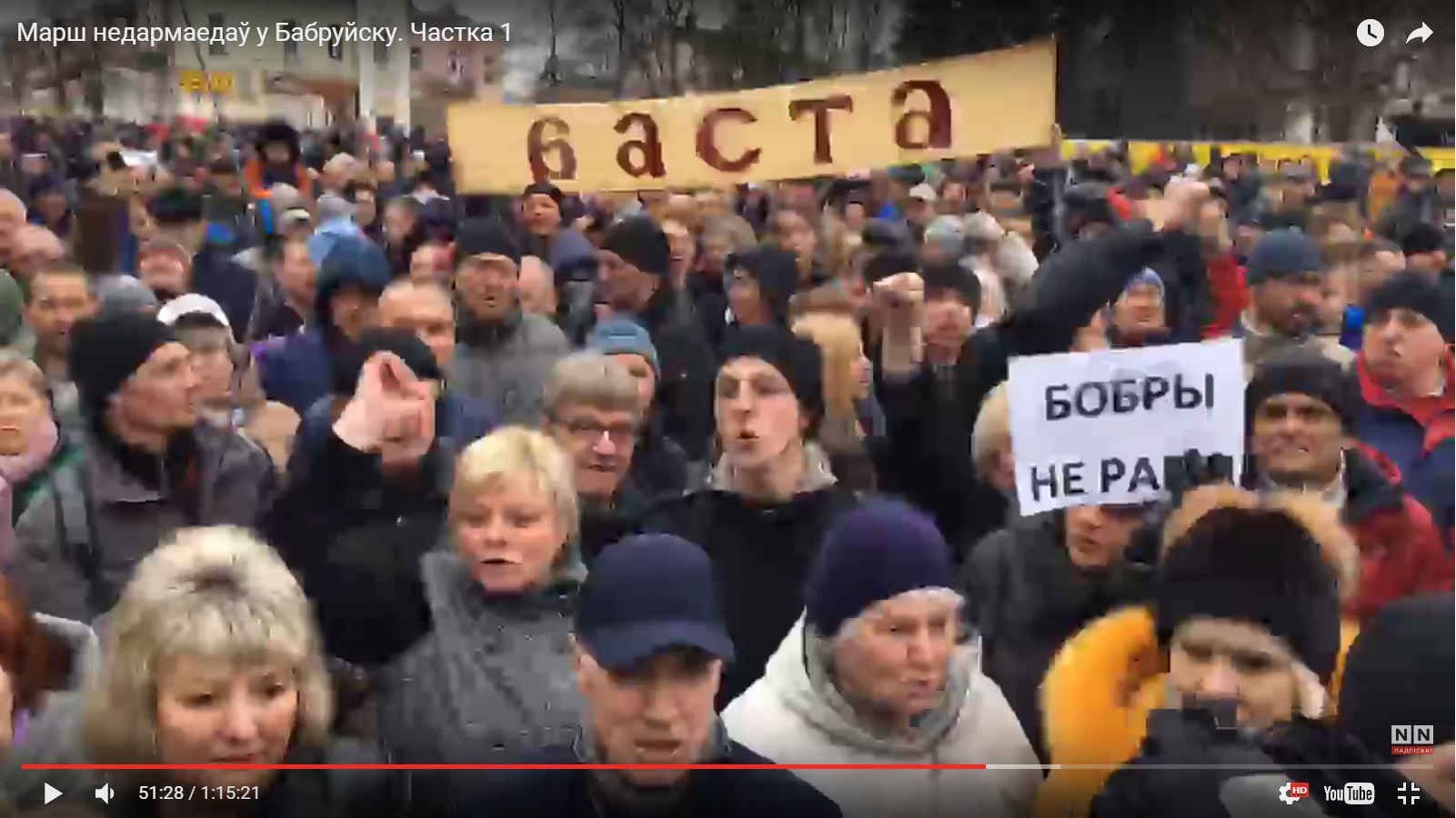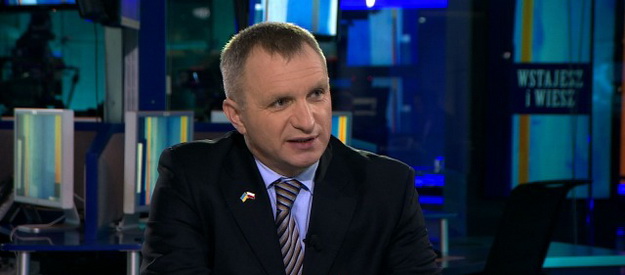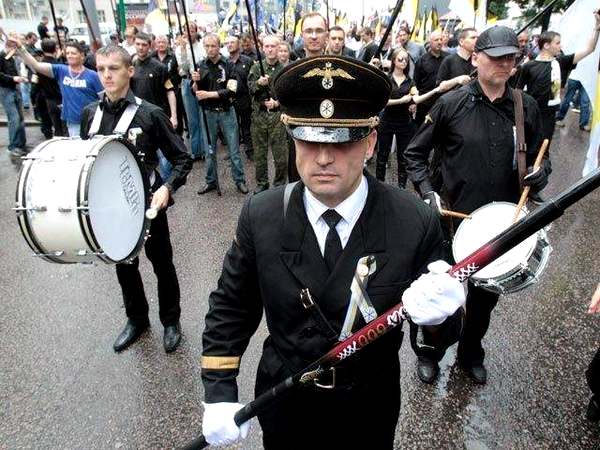Even as Vladimir Putin continues to talk about "Russian world" and the importance of reuniting it after the demise of the Soviet Union, the number and share of ethnic Russians in all former Soviet republics and occupied Baltic countries have declined, in many cases precipitously and with no sign that those trends are going to change.
On the “Svobodnaya pressa” portal, Moscow journalist Sergey Ryazanov provides a quick survey of this decline and some explanations for why it has been happening and why in many places Russian ethnic identity is now a much less important category than that of “Russian speakers.”
Central Asia
- Kazakhstan – In 1989, there were six million ethnic Russians who formed 37.4 percent of the population. Now, there are 3.6 million ethnic Russians who form 21 percent of the total.
- Kyrgyzstan – In 1989, there were 916,600 ethnic Russians who formed 21.5 percent of the population. As of 2009, those figures had fallen to 419,000 and 6.4 percent.
- Tajikistan – In 1989, there were 388,500 ethnic Russians who formed 7.6 percent. As of 2010, there were 35,000 who formed 0.3 percent of the population.
- Turkmenistan – In 1989, there were 333,900 ethnic Russians who formed 9.5 percent of the population. In 2001, the Russian foreign ministry estimates there to be 180,000 Russians who formed 3.6 percent of the total.
- Uzbekistan – In 1989, there were 1.6 million ethnic Russians who formed 8.3 percent of the population. As of 2013, those figures had fallen to 809,000 and 2.8 percent.
South Caucasus
- Armenia – In 1989, there were 51,600 ethnic Russians who formed two percent of the population. In 2001, there were 14,600 who formed half of one percent.
- Azerbaijan – In 1989, there were 392,000 ethnic Russians who formed 5.6 percent of the population. In 2009, there were 119,000 who formed 1.2 percent.
- Georgia – In 1989, there were 341,200 ethnic Russians who formed 6.3 percent of the population; In 2015, there were 30,000 who formed 0.8 percent.
Former Soviet West
- Belarus – In 1989, there were 1.34 million ethnic Russians who formed 13.2 percent of the population. In 2009, there were 785,000 who formed 8.26 percent.
- Moldova – In 1989, there were 562,100 ethnic Russians who formed 13 percent of the total. In 2015, there were 300,000 who formed 8.5 percent of the total.
- Ukraine – In 1989, there were 11.3 million ethnic Russians in Ukraine who formed 22.07 percent of the population. In 2001, excluding Russia-occupied Crimea, there were 7.1 million who formed 14.7 percent of the total.
Baltic Countries
- Estonia – In 1989, there were 474,800 ethnic Russians who formed 30.3 percent of the population. In 2011, there were 321,000 who formed 24.8 percent of the total.
- Latvia -- In 1989, there were 905,500 ethnic Russians who formed 34 percent of the total. In 2014, there were 512,000 who formed 25.8 percent of the population.
- Lithuania – In 1989, there were 344,000 ethnic Russians who formed 9.4 percent of the population. In 2011, there were 200,000 of them who formed 6.5 percent.
In all cases, there has been outmigration and demographic losses through natural deaths. In others, especially in Ukraine and Belarus, there has also been ethnic re-identification with many who had called themselves Russians in the past now calling themselves Belarusians or Ukrainians.
And also in all cases, the decline in the share of the Russian population is leading to a decline in Russian-language institutions, including schools; and that in turn means, Ryzanov suggests, that outmigration will continue or even accelerate as ethnic Russians feel themselves less “at home” than before.
At the same time, he says, the category of “ethnic Russians” is now being used less widely in many of these countries than that of “Russian speakers,” one that includes non-Russians from within the Russian Federation or from the other former Soviet republics or occupied Baltic countries who speak Russian.
That substitution or sleight of hand allows Moscow to understate the impact of the outflow of ethnic Russians from these countries and thus to downplay the clear evidence of the rapid shrinking of what Putin calls “the Russian world” on the territory of what was once the Soviet Union.





